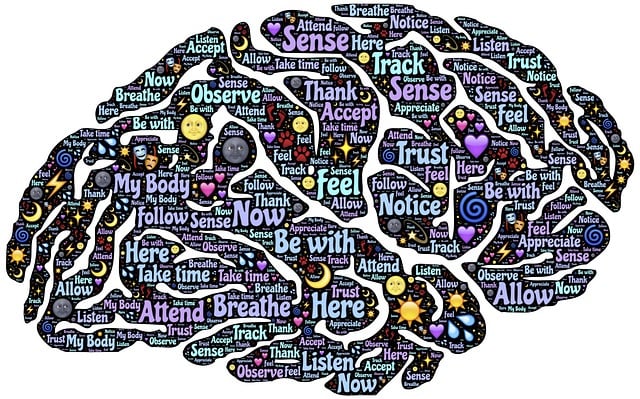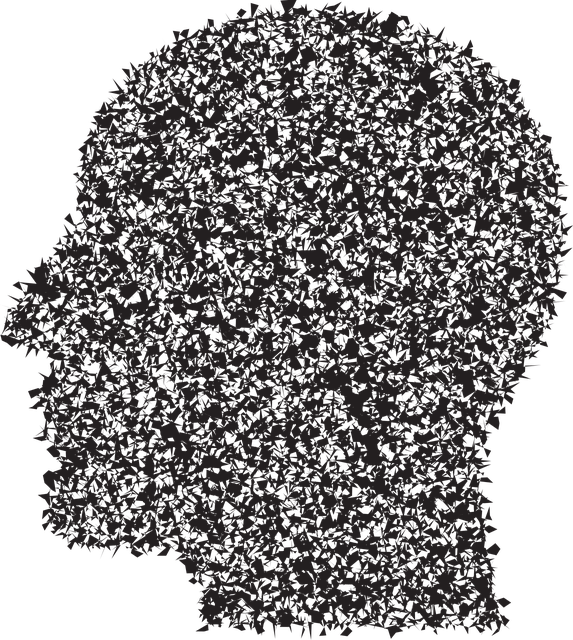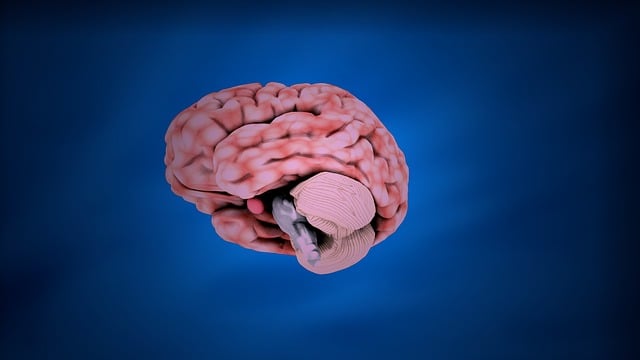Superior Children Therapy focuses on addressing childhood mental health issues like anxiety, depression, ADHD, and ASD early through community outreach and professional training. A robust curriculum teaches emotional intelligence, stress management, and healthy coping strategies using interactive methods tailored to different age groups, reducing stigma. Evidence-based practices like CBT and mindfulness foster resilience, with self-awareness exercises enhancing their impact. Strategic planning, continuous improvement, and diverse learning avenues ensure program effectiveness measured through pre/post assessments and feedback.
Mental health education is a cornerstone of holistic child development, yet designing effective programs remains a challenge. This article explores the design of a comprehensive mental health curriculum tailored for children, focusing on identifying common issues, engaging young minds through interactive strategies, and incorporating evidence-based therapeutic techniques. By integrating these key components, the program aims to foster resilience and well-being in kids, offering a superior therapy approach.
- Understanding Mental Health in Children: Identifying Common Issues and Their Impact
- Developing a Comprehensive Curriculum: Key Components of an Effective Program
- Engaging Young Minds: Interactive Strategies for Teaching Mental Wellbeing
- Incorporating Evidence-Based Practices: Therapeutic Techniques for Positive Change
- Implementing and Evaluating the Program: Measuring Success and Continuous Improvement
Understanding Mental Health in Children: Identifying Common Issues and Their Impact

Understanding mental health in children is a crucial step in designing effective therapy programs for superior children’s therapy. Children, like adults, can experience a range of mental health issues, from anxiety and depression to more severe conditions like attention-deficit/hyperactivity disorder (ADHD) and autism spectrum disorder (ASD). Early identification of these challenges is essential as they can significantly impact a child’s overall development, academic performance, and social interactions. By recognizing common mental health problems, educators and caregivers can provide timely support and interventions to promote resilience and well-being in young minds.
One of the key aspects to focus on is implementing community outreach programs that raise awareness about mental health among children and their families. These initiatives can help reduce stigma and encourage early seeking of assistance. Additionally, training mental health professionals to conduct risk assessments is vital for identifying vulnerable individuals who may require specialized care. Social skills training is another effective strategy, as it equips children with the necessary tools to navigate social situations, communicate effectively, and build healthy relationships, all of which contribute to improved mental health outcomes.
Developing a Comprehensive Curriculum: Key Components of an Effective Program

Developing a comprehensive curriculum is the cornerstone of an effective mental health education program. A superior children’s therapy initiative should go beyond surface-level awareness and aim to educate young minds about various aspects of mental wellness, including understanding emotions, recognizing stress triggers, and cultivating healthy coping skills. By integrating evidence-based practices and interactive learning methods, programs can foster a safe space for students to explore and discuss their experiences, thereby reducing the stigma associated with mental illness.
The curriculum should be meticulously crafted to address different age groups’ unique needs. For instance, teaching younger children might focus on emotional literacy and basic stress management techniques, while older teens could benefit from advanced coping skills development and peer support training. Equipping students with knowledge about mental health resources available to them is also vital, empowering them to seek help when needed without fear or hesitation.
Engaging Young Minds: Interactive Strategies for Teaching Mental Wellbeing

Engaging young minds is a vital step in fostering mental wellbeing and preventing future mental health challenges. Interactive strategies have proven to be highly effective in teaching children about their emotions, coping mechanisms, and building resilience. These methods not only make learning fun but also encourage active participation, ensuring that superior children’s therapy becomes an integral part of their growth. By incorporating games, role-plays, and creative activities into mental health education programs, professionals can effectively reach and teach this younger demographic.
A well-designed curriculum should include a mix of theoretical knowledge and practical exercises. For instance, teaching self-esteem improvement techniques through positive affirmation games can boost children’s confidence. Similarly, social skills training can be enhanced by interactive simulations that encourage empathy and communication. Additionally, risk assessment for mental health professionals plays a crucial role in tailoring these strategies to each child’s unique needs, ensuring the program’s effectiveness and safety.
Incorporating Evidence-Based Practices: Therapeutic Techniques for Positive Change

Incorporating evidence-based practices is a cornerstone of any comprehensive mental health education program designed to foster superior children’s therapy. Techniques such as cognitive behavioral therapy (CBT), mindfulness, and acceptance and commitment therapy (ACT) have been rigorously studied and proven effective in promoting mental wellness and emotional intelligence in young minds. These therapeutic approaches empower children with the skills needed to manage stress, regulate emotions, and develop resilience, laying a robust foundation for their overall well-being.
The integration of self-awareness exercises within these evidence-based practices further enhances their efficacy. By encouraging children to explore and understand their thoughts and feelings, these exercises foster deeper levels of consciousness and self-acceptance. This, in turn, facilitates positive change by enabling them to navigate challenges with greater equanimity and a heightened sense of emotional intelligence, ultimately contributing to their holistic development and well-being.
Implementing and Evaluating the Program: Measuring Success and Continuous Improvement

Implementing a mental health education program involves careful planning and strategic execution. To ensure its effectiveness, institutions should adopt a holistic approach, integrating evidence-based practices tailored to the target audience—in this case, focusing on Superior Children Therapy. This includes fostering an environment where open discussions about mental wellness are encouraged, incorporating interactive activities that promote self-awareness, and providing practical tools for managing emotional well-being. Regular training sessions for facilitators and continuous feedback mechanisms from participants are vital to refine the program’s delivery.
Evaluating the program’s success goes beyond mere satisfaction surveys. Measuring outcomes should include tracking improvements in mental health awareness among students, as well as quantifying changes in their coping strategies before and after the initiative. This data can be gathered through pre- and post-program assessments, feedback forms, or even qualitative interviews. By systematically analyzing these metrics, educators can identify areas of excellence and aspects that require enhancement, driving continuous improvement in the mental health education program. Incorporating insights from a Mental Wellness Podcast Series Production or developing Mental Wellness Coaching Programs, can further enrich the initiative’s impact by offering diverse learning avenues for enhanced mental health awareness.
Mental health education programs play a pivotal role in fostering resilience and well-being among children. By incorporating key components such as identifying common mental health issues, using evidence-based practices, and engaging young minds interactively, educators can create a comprehensive curriculum that promotes positive change. Evaluating the program’s success and continuously improving it ensures that students receive the best possible support for their mental health, ultimately enhancing their overall development and preparing them for a brighter future in superior children therapy.














